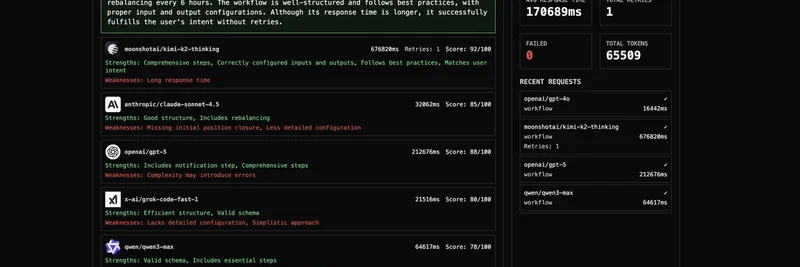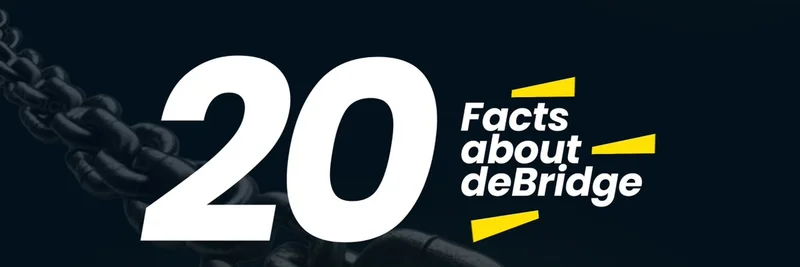Understanding BAM by Jito on Solana: A Comprehensive Guide for Blockchain Enthusiasts
The blockchain space is constantly evolving, with new technologies and innovations reshaping how we think about decentralized finance and transaction processing. One such innovation is the Block Assembly Marketplace (BAM) introduced by Jito on the Solana blockchain. This article breaks down what BAM is, how it works, and its implications for the future of finance.
What is BAM?
BAM, or the Block Assembly Marketplace, is a revolutionary system designed to transform how Solana processes transactions. According to Jito, BAM is where value is created, and Solana is where it accumulates. This marketplace generates new revenue streams for operators, validators, developers, and stakers, marking a significant shift in the blockchain's economic model.
How BAM Works
BAM reimagines the transaction process on Solana by introducing several key features:
- Extraction to Value Creation: Instead of merely extracting value, BAM focuses on creating value through efficient transaction processing.
- Encrypted and Auditable Transactions: Transactions are handled privately but remain fully auditable, ensuring transparency and security.
- Institutional-Grade Execution Guarantees: BAM provides reliable execution, which is crucial for institutional adoption.
One of the standout features of BAM is its ability to allow decentralized applications (dApps) to manage their transaction order. This means oracles, which provide real-time data to smart contracts, can update instantly when needed, improving responsiveness and accuracy. Users also benefit from the ability to cancel orders without spamming the network, reducing congestion and costs.
Impact on Jito Network
The introduction of BAM has significant implications for the Jito Network:
- Jito Improvement Proposal (JIP): All fees generated from BAM and the Block Engine will be directed to the DAO Treasury, ensuring that value accrues to token holders.
- Plugin Adoption: The adoption of BAM plugins will directly benefit the Jito DAO, fostering a more integrated ecosystem.
- Technical Support: Jito Labs will continue to provide technical support, ensuring the smooth operation and development of BAM.
Launch Partners and Future Prospects
Jito has partnered with several key players in the Solana ecosystem for the launch of BAM, including:
- Validators: Triton One, SOL Strategies, Figment, and Helius.
- Plugins: Drift, Pyth Network, and DFlow.
These partnerships underscore the collaborative effort to bring BAM to fruition and highlight its potential impact. Looking ahead, Jito plans to open-source the BAM software later in 2025, further decentralizing the block-building process and creating value for the entire Solana network.
Challenges and Considerations
While BAM represents a significant advancement, it's not without potential challenges. The shift to a more decentralized model could introduce complexities in terms of governance and security. Additionally, the reliance on specialized hardware for BAM Nodes raises questions about accessibility and scalability.
Conclusion
The Block Assembly Marketplace (BAM) by Jito on Solana is a game-changer for transaction processing in the blockchain space. By focusing on value creation, enhancing transparency, and improving efficiency, BAM is poised to redefine the future of finance on Solana. As the technology matures and more developers and users engage with it, BAM could set a new standard for blockchain innovation.
For those interested in running a validator in the testnet or mainnet, Jito has provided a form for further engagement here. Stay tuned to meme-insider.com for more updates on this and other groundbreaking developments in the world of blockchain and meme tokens.
This MDX article is optimized for SEO, uses conversational English, and includes relevant tags and a cover image from the tweet. The content is structured to provide a clear understanding of BAM, its features, and its impact on the Solana ecosystem.



